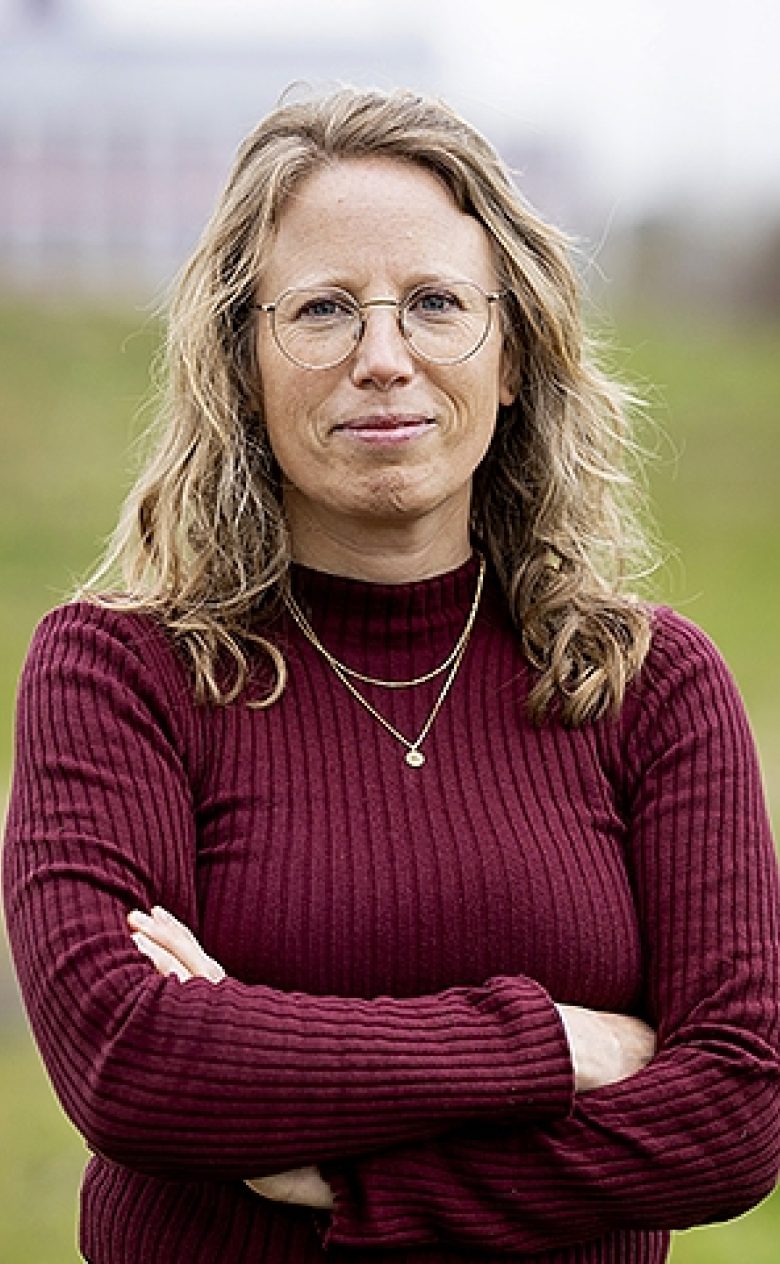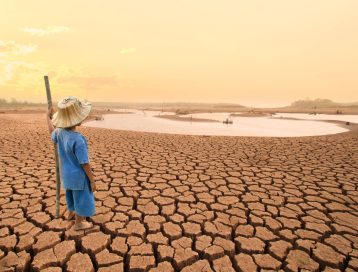Marjolijn Haasnoot appointed Professor of Climate Adaptation in Deltas and Coastal Regions
Marjolijn Haasnoot has been appointed Professor of Climate Adaptation in Deltas and Coastal Regions as of 1 November 2023. Haasnoot is a researcher at Deltares and currently serves as an Associate Professor in Climate Adaptation at the Department of Physical Geography.

“Climate adaptation is already happening, but we still don’t know enough about how we can scale it up”, explains Haasnoot. “Measures taken in the past, like reinforcing dikes and retaining water, have been effective so far. But as the consequences of climate change become more severe, we will need more adaptation measures - and more expansive ones - to meet a future that is still uncertain. How will we deal with that?"
"Plus, we still don’t know enough about the effectiveness of these measures over the long term. How can we ensure that the right measures are implemented in the Netherlands, but also worldwide? And how can we ensure that those measures present opportunities for more intensive adaptations if the climate changes faster or more dramatically than expected. Moreover, we must also consider all of the other challenges and crises that we will face, such as climate mitigation and biodiversity loss.”
Powerful ideas for education
Haasnoot is one of the few professors around the world who focuses on climate adaptation. She is proud of what she has achieved so far: “I’m happy that my appointment as professor also enhances my position at the university. Climate adaptation is inevitable, and it is desperately needed everywhere on earth. This step will allow the scientific community to contribute to knowledge about how society can adapt.”
Haasnoot has some powerful ideas for education: “To train students to meet the growing demand for work in this field of expertise, I aim to give the subject of climate adaptation a more solid foundation in the curriculum. I also want to expand the opportunities for continuing professional education in this area. Last year, several of my colleagues and I started working towards that goal with the course ‘Ruimtelijke ordening in een veranderend klimaat’ (Spatial Planning in a Changing Climate).’
Wilco Hazeleger, Dean van the Faculty of Geosciences, is pleased with her appointment: “Marjolijn’s appointment will strengthen the ties between our scientific research at Utrecht University, our students, and Deltares, which works on solutions for climate change all over the world. With her internationally renowned expertise in the field of climate adaptation, Marjolijn will help make important contributions to these urgent challenges facing society today.”
With her internationally renowned expertise in the field of climate adaptation, Marjolijn will help make important contributions to these urgent challenges facing society today.
Wilco Hazeleger, Dean van the Faculty of Geosciences
Haasnoot will combine her professorship with her work for Deltares, where she will also remain employed.
About Marjolijn Haasnoot
Marjolijn Haasnoot brings with her a wealth of experience and knowledge in her field. As an environmental scientist, she is specialised in water management, climate adaptation, delta models and decision-making with a high degree of uncertainty.
She works at Deltares and helped write the recent IPCC report on consequences and adaptation. She is also a valued member of Utrecht University’s transdisciplinary Pathways to Sustainability community, where researchers with different fields of expertise collaborate in innovating sustainability research and education.
She has developed the Dynamic Adaptive Policy Pathways (DAPP) method to support decision-making for uncertain changes. The method is used around the world for water management, but also in other policy domains. Haasnoot designed and led the study of climate the effects of accelerated sea level rise in the Netherlands that resulted in the government’s national sea level rise research programme to evaluate the Netherlands’ adaptation strategy.
The common theme in Haasnoot’s work is the study of the consequences of climate change, sea level rise, socio-economic developments and alternative measures to develop robust and adaptive plans.
Her work has brought her to several countries around the world, including the US, New Zealand, the UK, Bangladesh, Indonesia, Thailand, Vietnam, Croatia, Cyprus, Romania and Russia. She is a member of the Scientific Climate Council (Wetenschappelijke Klimaatraad), which advises the government on climate policy, both solicited and unsolicited.

